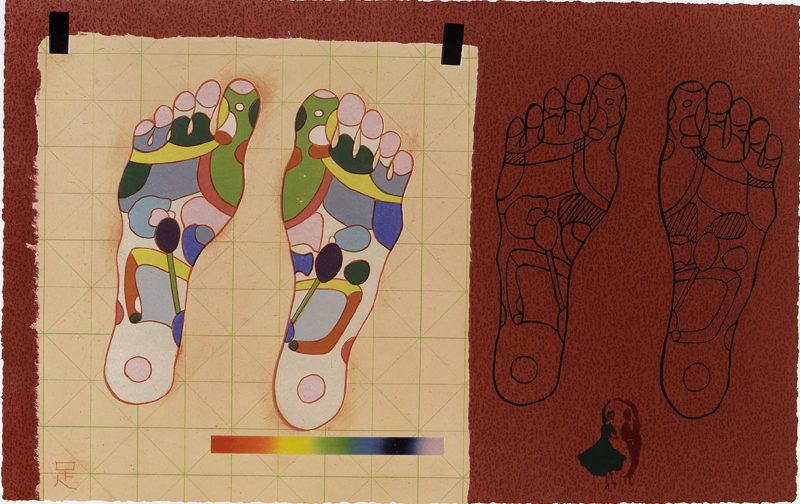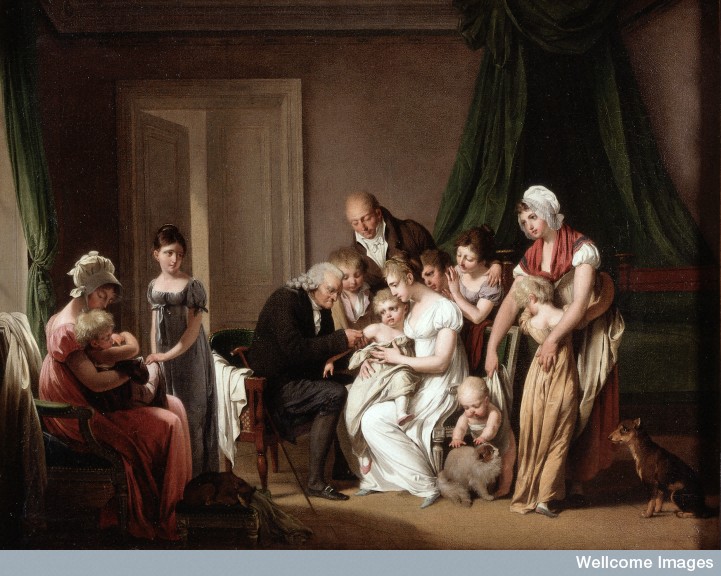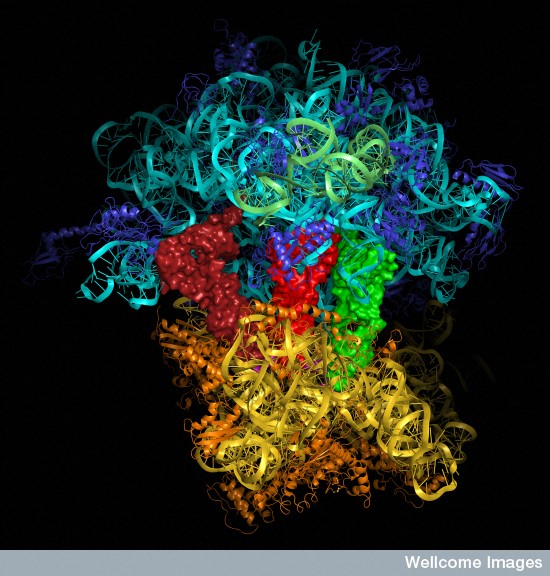What are health records and archives?
What is a National Health Service ‘health record’?
What does membership of HARG involve?
Where can I go for advice about records management and archives?
What are health records and archives?
Health records, in the sense that they feature in HARG’s name, are records in any format and of any age that have been created by an organisation in the health sector or that have content, created by an organisation or an individual, relating to matters concerning health. They include, for example, minutes of meetings, accounts, staff files and databases of patient treatment. Health archives are those such records which have been selected for permanent preservation, typical examples of which include minutes of management board or other high-level meetings, registers of hospital admissions, operations, births and deaths, and photographs and plans of buildings.
What is a National Health Service ‘health record’?
The term ‘health record’ is usually used in the NHS to refer to a record containing information about the attendance at a particular hospital by an individual patient. The information might refer to a single visit or a number of them, as an in-patient or an out-patient. The record is typically in the form of a file, or if in electronic format, would be likely to be part of an electronic patient record database.
HARG’s interests encompass NHS ‘health record’ management and we have members who have this specific responsibility, although it should also be pointed out that some specialist issues pertain and there is a separate professional body, the Institute of Health Record and Information Management (IHRIM), with which HARG has links.
What does membership of HARG involve?
Members are placed on the Group’s e-mail distribution list and through this receive notice of upcoming meetings and news of publications, events and activities of interest to health archivists and records managers.
Membership does not entail any formal commitment! Some members join simply to keep up to date with health archives and records management matters through the e-mail list. However, members are encouraged to attend meetings and to join the sub-groups which work on particular projects, and are welcome to stand for the committee if they would like to become more actively involved.
Membership is free of charge and is open to all with an interest in health archives and records management, wherever they are based. The focus of the Group is on the issues faced by professional archivists and records managers working in the health sector or who have health archives amongst their holdings, but we welcome members from a non-professional background, those with cognate responsibilities such as Freedom of Information, and those who simply have an interest in this field.
How does HARG operate?
HARG is an independent body, although it has a formal link to The Archives and Records Association (the professional body for archivists, records managers and archives conservators in the UK and Ireland) as an affiliate of its Specialist Repositories Group. The Group as a whole meets two times per year, most frequently, but not always, in London.
What happens at meetings?
Meetings provide an opportunity for issues of interest or concern to be raised and discussed. Meetings also usually feature one or more guest speakers. Recently we have been pleased to welcome speakers from the National Archives, Royal College of Physicians and University College London.
Papers from recent meetings, including minutes and presentations given by speakers, can be found on our Meetings section.
Where can I go for advice about records management and archives?
HARG provides a forum to discuss issues concerning health archives and records management, rather than an advisory service as such. However, the Group will always attempt to help with any queries members might have and, where appropriate, messages requesting advice may be posted on the e-mail distribution list.
There are a number of other sources of potential advice, and particular mention should be made of The National Archives (TNA), which has statutory responsibilities for oversight of the management of Public Records (which include records of the NHS) in England and Wales and ensuring the safe keeping of those which have been selected as archives, as well as for providing general advice to all archives repositories throughout the United Kingdom. A considerable amount of information is available on their website, including the TNA functional requirements for electronic records management systems and guidance for public authorities on evaluating records management.
Links to other useful documents, such as the NHS Records Management Code of Practice, and to other websites, can be found on our Resources page.



